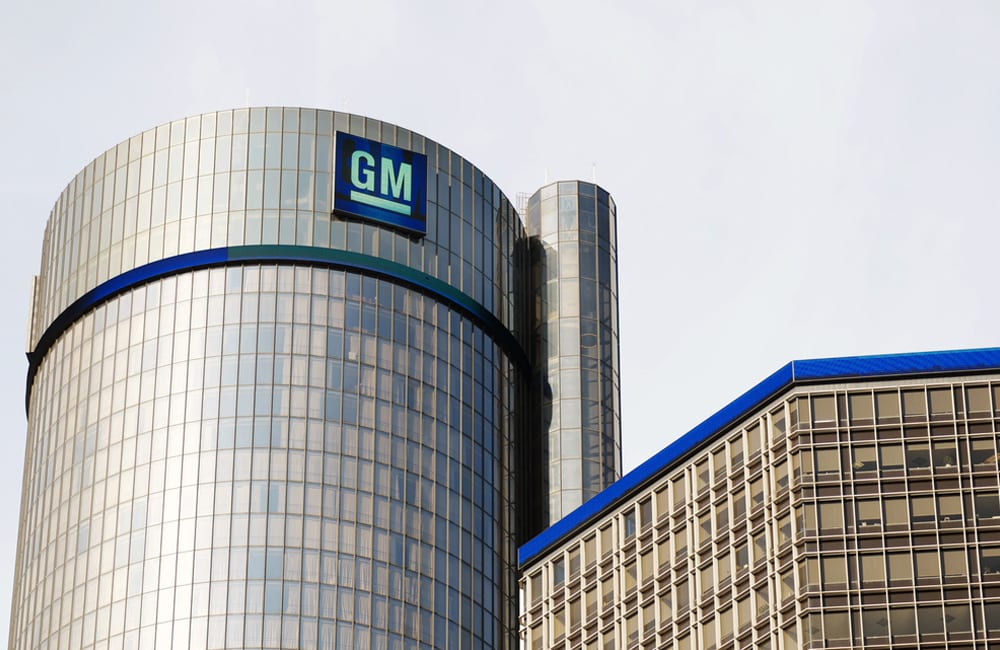- General Motors announced a $4 billion investment to expand gas-powered vehicle production, scaling back its earlier aggressive push toward electric vehicles (EVs). Upgrades to plants in Michigan, Kansas and Tennessee aim to boost annual production by 2 million vehicles.
- Despite industry and political hype, EV adoption lags — only 7 percent of new car sales in April were electric, with used EVs at just 2 percent. High costs, charging concerns and range limitations have deterred buyers.
- GM is abandoning its 2035 all-electric pledge, repurposing the Orion Assembly plant for gas-powered SUVs and trucks. The move aligns with the Trump administration’s rollback of California’s zero-emission mandate.
- Auto tariffs and reshoring pressures influenced GM’s decision to shift production from Mexico to U.S. plants, avoiding import taxes while supporting American jobs.
- Ford and Stellantis have also reduced EV investments, signaling a broader market correction as automakers prioritize consumer preferences over regulatory mandates.
In a stunning reversal, General Motors announced a $4 billion investment to expand production of gas-powered vehicles – signaling a retreat from its aggressive electric vehicle (EV) push.
The June 10 announcement underscores a broader industry reckoning: Consumers aren’t embracing EVs as quickly as regulators and corporate elites predicted. The investment will include upgrades for plants in Michigan, Kansas and Tennessee. It lines up with GM’s goal of boosting annual production by two million vehicles – a clear bet that America still prefers the internal combustion engine.
For years, automakers and politicians have pushed electric vehicles as the inevitable future. Yet sales figures tell a different story.
According to Cox Automotive, EVs accounted for just seven percent of new car sales in April while used EV sales that month fared even worse at two percent. GM’s pivot reflects a market unwilling to pay premium prices for vehicles plagued by charging anxiety, limited range and higher insurance costs. (Related: Ford drastically cuts EV factory workforce as electric car sales plummet.)
From electric dreams to gas reality
GM’s decision marks a sharp departure from its 2035 “all-electric” pledge. The Orion Assembly plant, originally slated for EV production, will now churn out gas-powered SUVs and trucks by 2027. Meanwhile, the Fairfax plant in Kansas will produce both the electric Bolt and the gas-powered Equinox – a tacit admission that hybrids and traditional engines remain vital.
This shift also aligns with the Trump administration’s rollback of California’s zero-emission mandate repealed on June 12. The White House praised GM’s move, framing it as a win for American jobs over bureaucratic climate goals.
GM’s investment isn’t just about consumer preferences; it’s also a response to economic pressures. President Trump’s auto tariffs, though partially relaxed in April, have pushed automakers to reshore production. By shifting Equinox and Blazer production from Mexico to U.S. plants, GM avoids steep import taxes while securing political goodwill.
GM CEO Mary Barra emphasized the carmaker’s commitment to American workers, a stark contrast to the company’s previous focus on ESG-driven policies. With nearly one million U.S. jobs tied to GM’s operations, the automaker can’t afford to gamble on unproven technology. The $888 million engine plant upgrade in May further cements this pragmatism.
This isn’t just a GM story. Ford and Stellantis have also dialed back EV investments amid slowing demand. The auto industry is correcting course after years of overestimating EV adoption – a lesson in the dangers of letting politics dictate business strategy.
Head over to FlyingCars.news for more similar stories.
Watch this Fox Business report about the House of Representatives voting to scrap the Biden administration’s EV mandate.
This video is from the NewsClips channel on Brighteon.com.
More related stories:
Dwindling EV dreams: Is America’s electrification push collapsing?
EV COLLAPSE: Car dealerships are now rejecting EV deliveries due to low sales.
EV COLLAPSE: Automakers are scaling back and delaying their EV plans as consumer demand wanes.
Auto giant Ford scales back EV production due to LOUSY SALES.
Ford drastically cuts EV factory workforce as electric car sales plummet.
Sources include:
TheEpochTimes.com
Reuters.com
ABCNews.go.com
Brighteon.com
Read full article here


